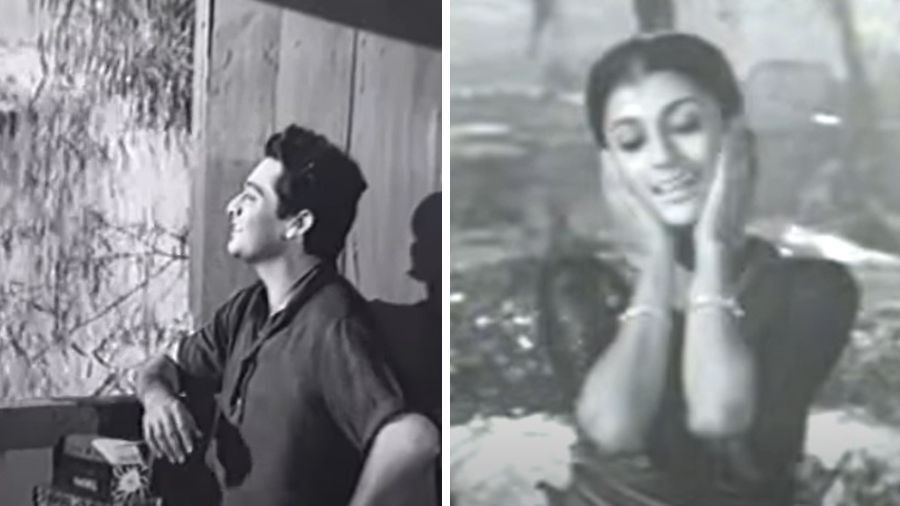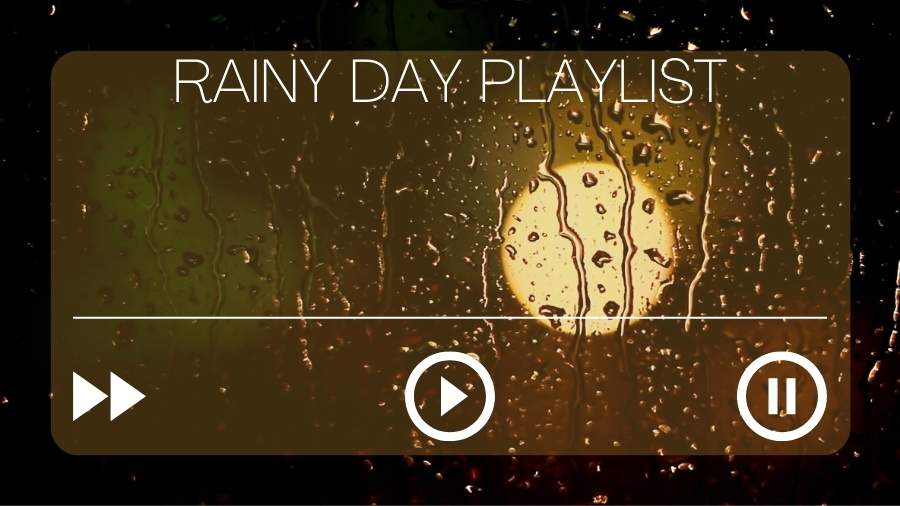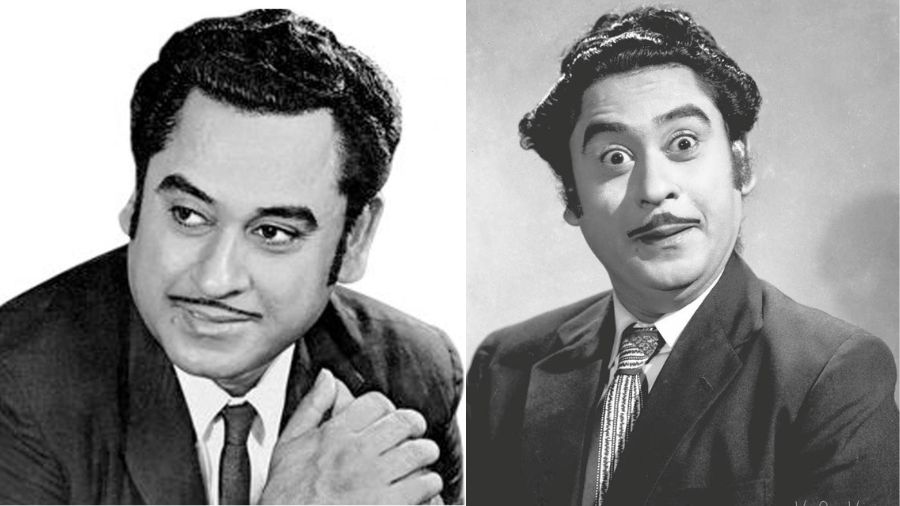It’s one of those weeks when you probably won’t get much done, courtesy the rains that have been drenching the city. Staying in on a rainy day has its perks, even if you’re working from home. With a warm cuppa, some mandatory khichuri and bhaja, and perhaps some old-time rainy-day songs to keep you company, even a grey day can be full of colour.
So, here are some of the most beloved Bengali rain numbers through the years, to help you unwind, and make the most of the day...
‘Ei Meghla dine ekla’
Sung and composed by Hemanta Kumar (Mukherjee), this is a superhit Bengali romantic number from the movie Shesh Paryanta. The lyrics penned by Gauriprasanna Majumder capture all the romance of a rainy afternoon, as a young man (Biswajit Chatterjee) sings of longing and looking forward to meeting his beloved, while going about his day and savouring the rain.
‘Brishti brishti brishti e kon aparup srishti’
This song by Lata Mangeshkar, from the movie Sonar Khancha, is an ode to the playful nature of rain. The sequence opens with Uttam Kumar staring out into the rain from his car and switches to a lively Aparna Sen getting drenched and singing about the magic of rain. In the end, we see her knocking on the door of the car Uttam Kumar is in — a meet-cute, perhaps? Composed by Bireswar Sarkar, this is one of those numbers familiar across generations of Bengalis.
‘Ogo borsha tumi jhoro na go’
This Manna Dey classic composed by Nachiketa Ghosh has all the emotions of lovers separated by distance. The lyrics by Gauriprasanna Majumder string together a man’s conversation with the rain on a monsoon night, as he awaits a visit from his beloved. There are requests for the rain to ease up so the couple can meet, all the while urging the clouds to hide away the moon because only his beloved shines as bright.
‘Aaye brishti jhepe’
The advent of monsoon after the scorching days of a summer is always a reason to rejoice, and this rainy-day classic by Sandhya Mukhopadhyay, and composed by Salil Chowdhury, celebrates just that. The first line of the song is the same as the popular rhyme ‘aye brishti jhepe / dhaan debo mepe’.


